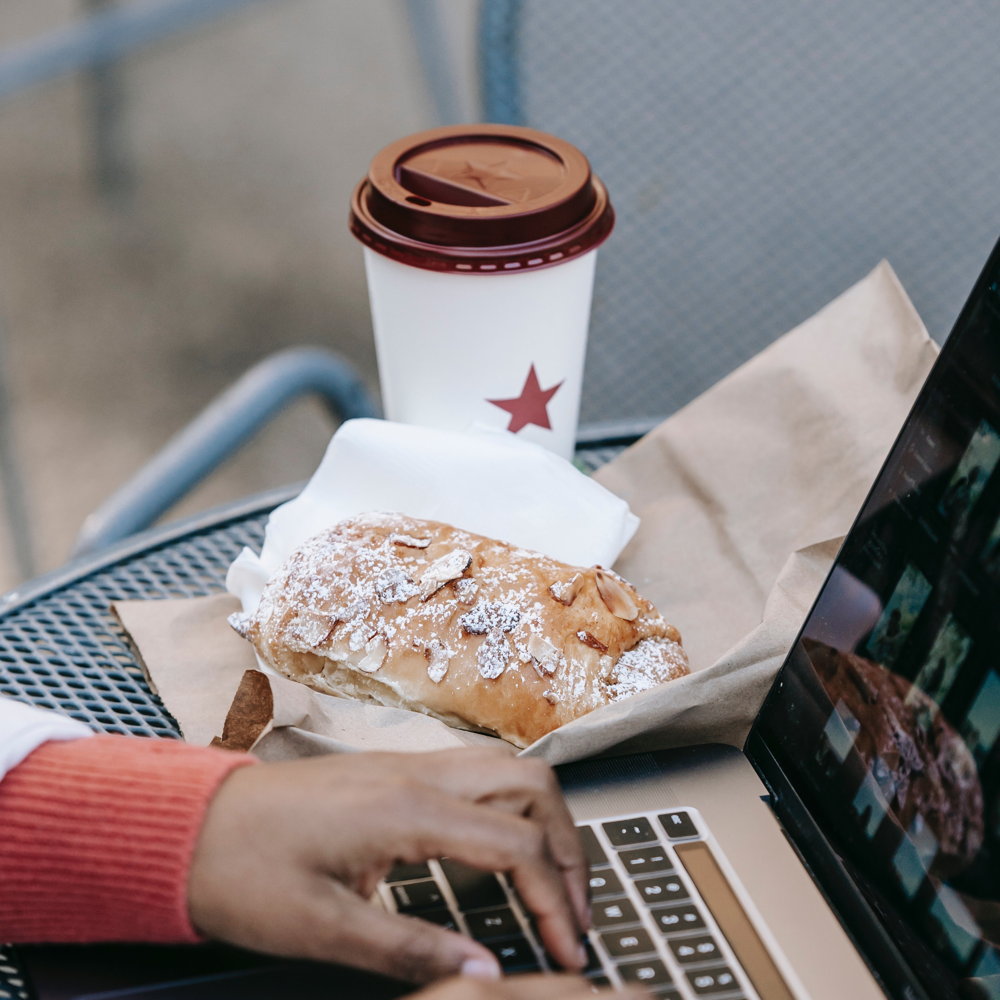What does it mean to be kind to yourself? It’s not just about indulgence or denial—it’s about finding the balance between permission and protection.
In this video, we explore:
✅ The psychological concept of self-permission and self-protection.
✅ How overindulgence and/or rigid rules can impact your well-being.
✅ Practical tips and exercises to improve your day with self-kindness!
✨ Ready to look after yourself a little better?
⸻ 👉 If you found this helpful, please:
• Like the video • Subscribe to my YouTube channel • Connect with me on LinkedIn
⸻ 👉 Full text:
My takeaway from our last coaching session is about kindness to ourselves, and how it can mean two very different things: allowing ourselves something or denying ourselves something. That might sound contradictory, but let me explain.
In psychology, there’s a concept about balancing permission and protection. It’s connected to the “Parent-Adult-Child” model of personality. Your internal “parent” nurtures and protects you, but when those functions get out of balance, issues arise. Over-nurturing can lead to indulgence, while over-protection can create rigid, unhelpful rules.
The key is finding a healthy balance. For example, you might permit yourself to buy an E-bike because it’s practical and enjoyable, rather than forcing yourself to struggle up hills to prove something. Or you allow yourself a beer in the evening or a relaxing hot bath when you need it.
At the same time, you protect yourself. You don’t splurge on a Tesla if a simpler car will do. You stop at one beer to ensure a good night’s sleep. These protections, while they may involve some denial, are also acts of kindness because they serve your long-term well-being.
The challenge comes when upbringing, beliefs, or habits push us toward excessive self-denial. If you tend to deny yourself too often, you might be happier, more effective, and easier to live with by allowing yourself more freedom.
Here’s a quick exercise:
- Make a list of permissions you could grant yourself occasionally—ways to be kind to yourself.
- Make another list of protections you might relax—rules you’ve set that aren’t always necessary.
When considering a new permission, like a mid-week beer if you usually only drink on weekends, notice any guilt or self-judgment. Step back from those feelings and ask yourself: Are they helpful in this situation? Then make your choice.
Remember, being kind to yourself – and to others, for that matter – isn’t about indulgence or denial; it’s about agility—knowing when to permit and when to protect.
🎥 This post is part of our Coaching Outcomes series. Explore for yourself the potential of problem-solving through coaching:
👉 https://iconda.solutions/coaching-services/
#SelfKindness #EmotionalIntelligence #Coaching #PersonalGrowth #SelfCare

